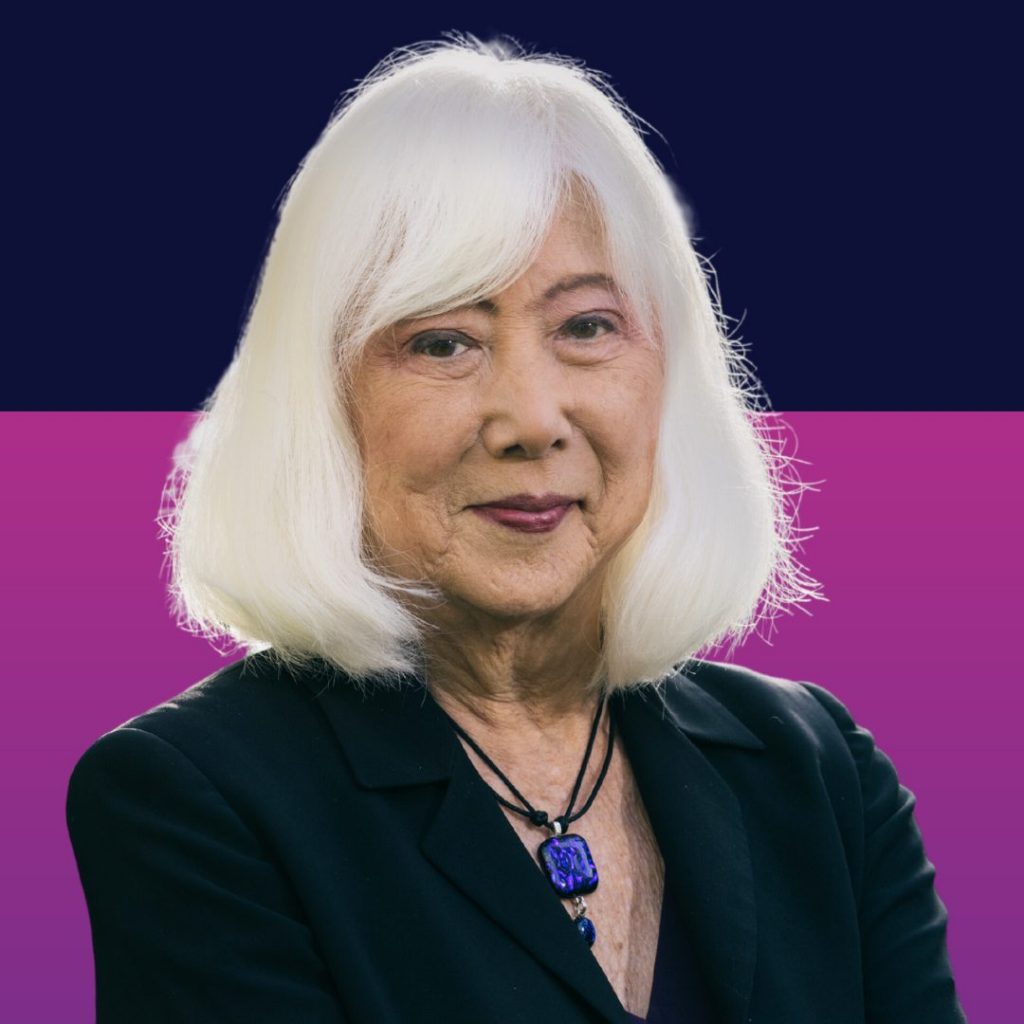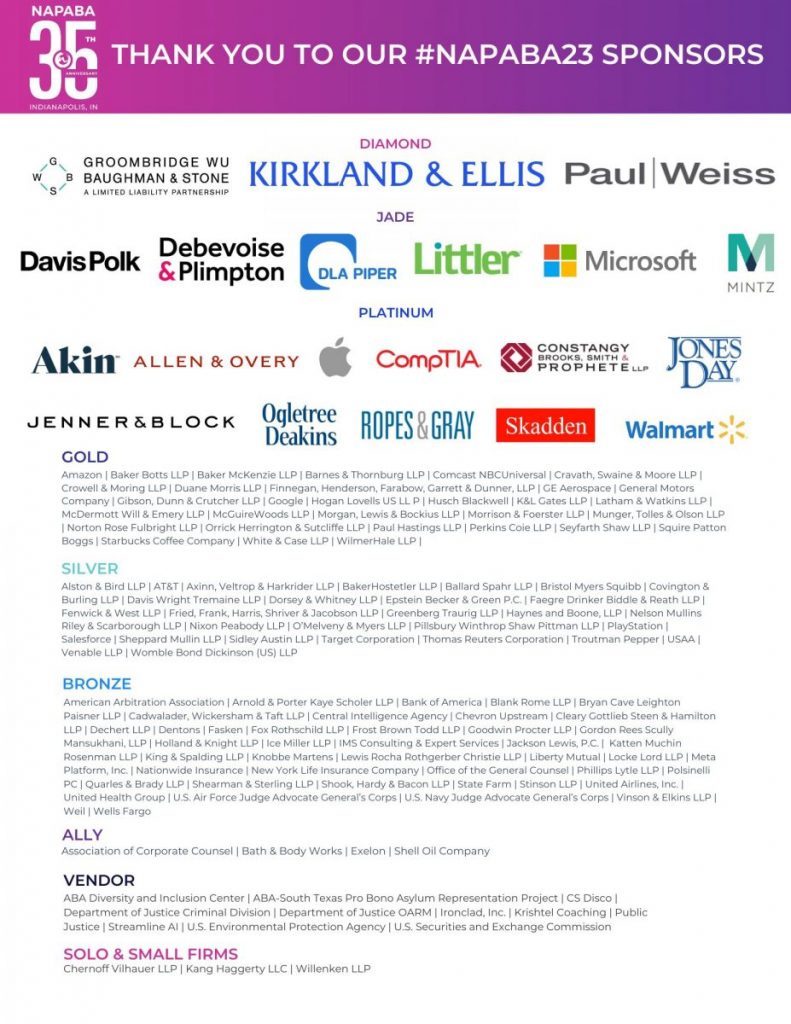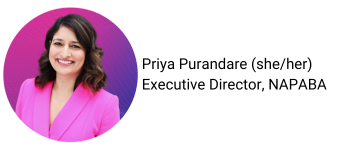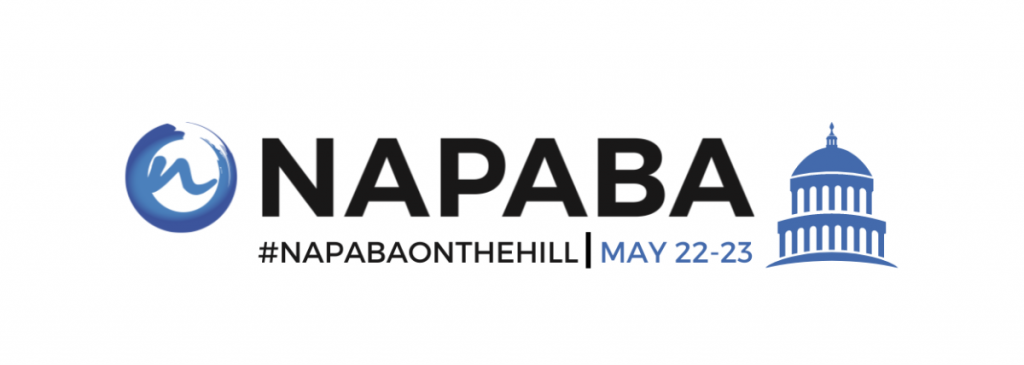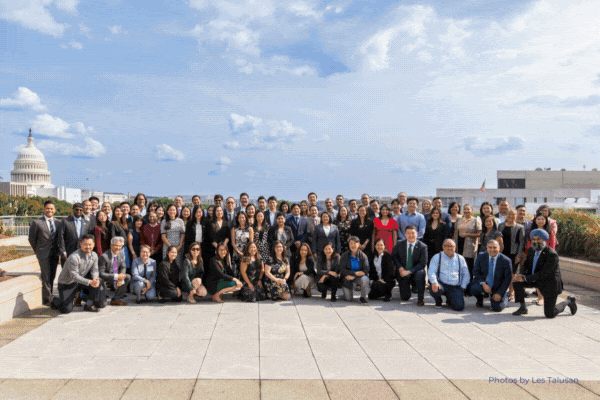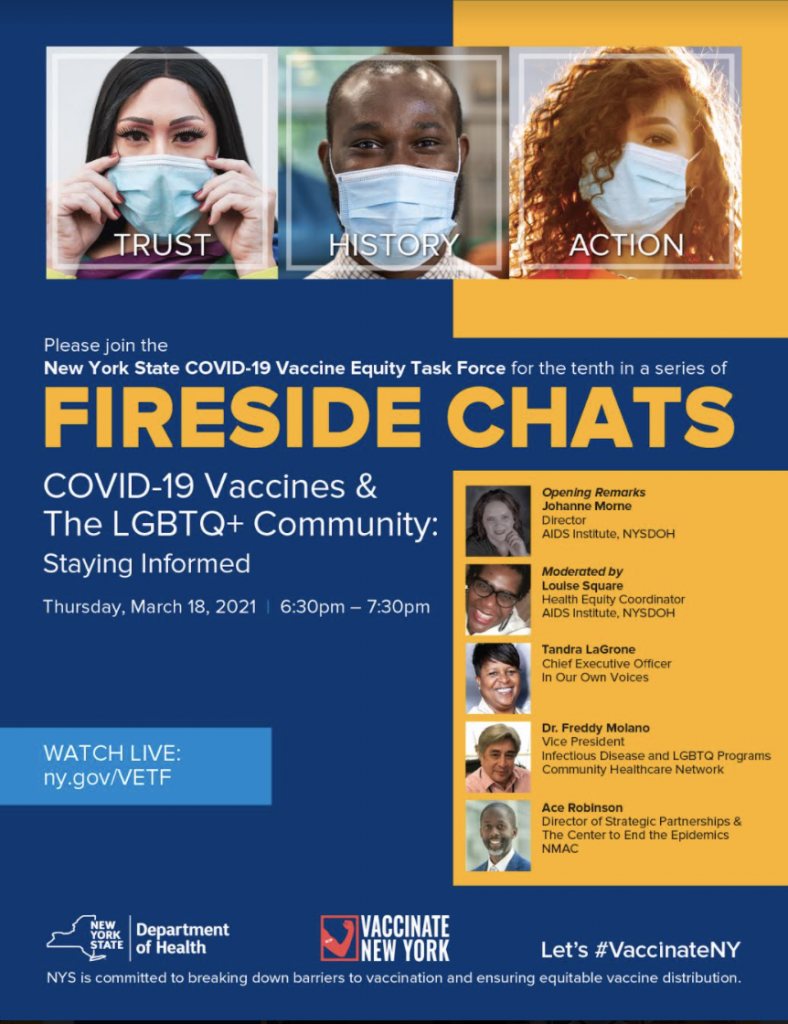
Dear NAPABA Community,
Before the start of this new year, I wrote to you and shared not only my gratitude for an incredible 2024, but also our commitment to advance NAPABA’s mission heading into 2025. Though we are merely two months into the new year, we have already witnessed several developments that impact NAPABA’s work and the broader Asian American, Native Hawaiian, and Pacific Islander (AANHPI) community.
On his first day in office on January 20, 2025, President Donald J. Trump issued executive orders that jeopardized the constitutional guarantee of citizenship for all persons born in the United States, the right to seek asylum, the refugee resettlement system, and the LGBTQ+ community, among others. NAPABA swiftly condemned these actions, which ran counter to our values. Since then, the federal government has enacted a slew of policies, which have already drawn significant concern for the rule of law, in addition to attacks on lawful diversity, equity, and inclusion initiatives both within the federal government and the private sector.
When it comes to our values, our words of disagreement are not enough. NAPABA is charged to promote justice and equity for the AANHPI community. My team is closely monitoring developments from the federal government, and we are working with stakeholders, coalition partners, policymakers, and others to respond appropriately.
NAPABA is prepared to act. I have outlined below, in broad strokes, our intended course of action and how you can get involved. In the coming weeks and months, and with your partnership, we plan to meaningfully support our community and actively counter policies that detrimentally affect the AANHPI community.

I. Direct Support for NAPABA Affiliates and National Associates
NAPABA stands ready to deliver financial support to our affiliates and national associates for their work in the community. As leaders in their respective regions, affiliates and national associates can act as trusted messengers delivering pivotal information and services to their members and broader AANHPI communities. We will prioritize projects that speak to the challenges today: for example, educational seminars on the state of immigration, pro bono initiatives to support heightened immigration needs of the Asian American population, funding language translations for educational materials and resources, and local and state advocacy efforts that align with NAPABA values and positions. To apply for funding, please visit our website.
Building on the work of the NAPABA Diversity, Equity, and Inclusion Task Force, we plan to create toolkits for our affiliates and national associates. They will include resources to advance the work of diversity, equity, and inclusion, and immigration resources such as hosting naturalization clinics and the creation of attorney directories that address priority areas like immigration law.

II. NAPABA Engagement with Policymakers
The NAPABA Policy Team leads our engagement with stakeholders and policymakers at the federal and state levels. We advance our policy priorities, whether it be in our opposition to anti-Asian hate and discriminatory alien land law policies to our support for voting rights. Now, as our engagement will necessarily go deeper, we are investing in an expansion of our Policy Team.
Plus, the planning is well underway for our upcoming Lobby Day, which is scheduled for May 20-21, 2025, in Washington, DC. As the largest AANHPI advocacy effort on Capitol Hill, NAPABA Lobby Day will bring our members from across the Nation to the halls of Congress to demonstrate not only the strength of our community, but also to advance the critical issues facing the AANHPI community. Our members will meet with Congressional offices on both sides of the aisle to highlight the causes important to us and our communities. Your voice is pivotal. For more information on Lobby Day and to register, please visit our website.

III. Narrative Change and Education
In the coming weeks and months, NAPABA will highlight how recent actions from the federal government not only impact our communities, but also the critical role that the AANHPI communities played in the development of the rights that we cherish today. Whether it be on birthright citizenship, the right to asylum and the refugee resettlement program, or the barriers that our community faces in the legal profession, NAPABA will uplift those stories and our history, which are intertwined with the fabric of American life today. Please be on the lookout through our social media channels, our website, and email for additional educational resources and programming. These efforts will be on top of the multitude of informative programs during the Nation’s largest convening of legal professionals: the NAPABA Convention in Denver, Colorado, on November 6-8, 2025.
NAPABA has an exceptionally talented and enthusiastic full-time staff, but we cannot carry out our work without you. The strength of NAPABA is comprised of passionate and energetic volunteers like you. As I mentioned above, here are some ways where you can get involved:
- Submit a CLE Program Proposal for the 2025 NAPABA Convention. Submission. deadline is March 14, 2025.
- Register and participate in NAPABA Lobby Day on May 20-21, 2025.
- Join a NAPABA Committee and Network to engage with professionals in your practice area or who share your affinity.
- Register and attend the 2025 NAPABA Convention. Registration opens in June 2025.
Lastly, we want to hear from you with any suggestions. Please don’t hesitate to email us at [email protected] with your thoughts.
Regardless of the challenges, NAPABA remains focused on the work ahead, and I hope that you will join us in the journey.
Very truly yours,

Priya Purandare
Executive Director






